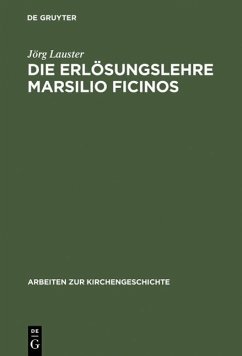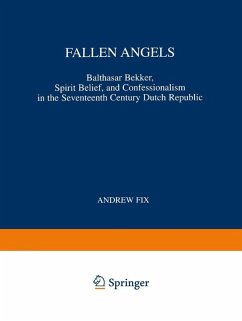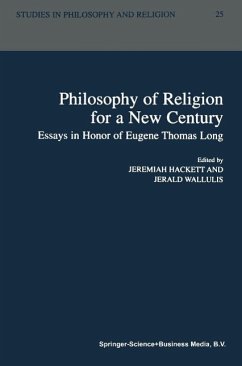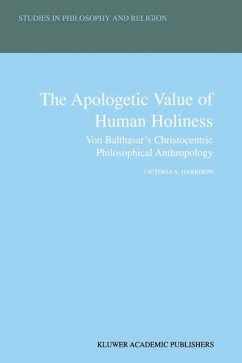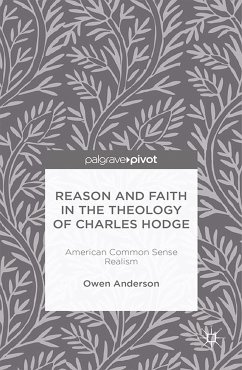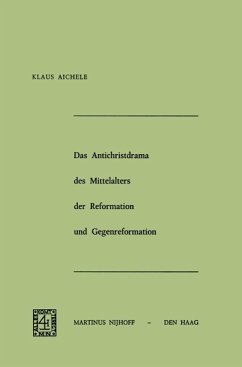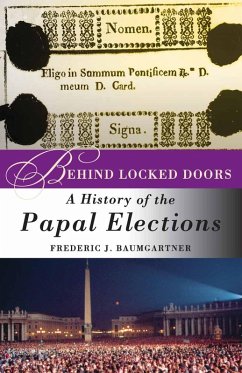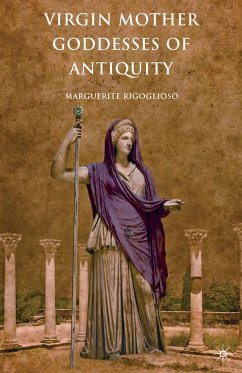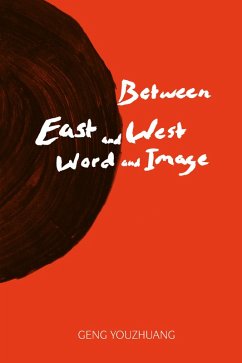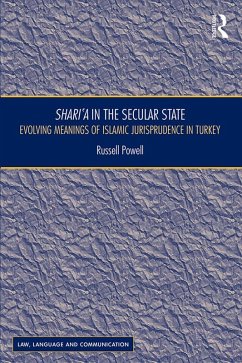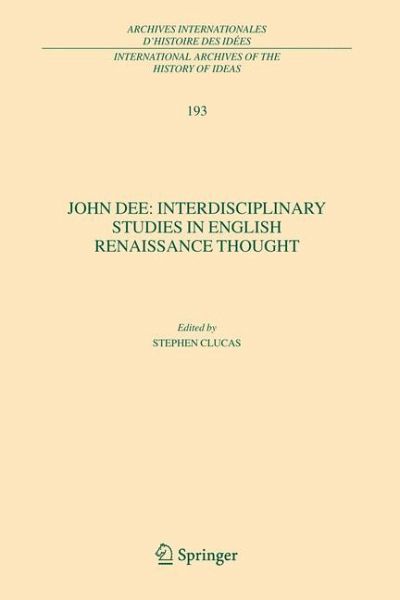
John Dee: Interdisciplinary Studies in English Renaissance Thought (eBook, PDF)
Versandkostenfrei!
Sofort per Download lieferbar
160,95 €
inkl. MwSt.
Weitere Ausgaben:

PAYBACK Punkte
80 °P sammeln!
Intellectual History and the Identity of John Dee In April 1995, at Birkbeck College, University of London, an interdisciplinary colloquium was held so that scholars from diverse fields and areas of expertise could 1 exchange views on the life and work of John Dee. Working in a variety of fields - intellectual history, history of navigation, history of medicine, history of science, history of mathematics, bibliography and manuscript studies - we had all been drawn to Dee by particular aspects of his work, and participating in the colloquium was to c- front other narratives about Dee's career: ...
Intellectual History and the Identity of John Dee In April 1995, at Birkbeck College, University of London, an interdisciplinary colloquium was held so that scholars from diverse fields and areas of expertise could 1 exchange views on the life and work of John Dee. Working in a variety of fields - intellectual history, history of navigation, history of medicine, history of science, history of mathematics, bibliography and manuscript studies - we had all been drawn to Dee by particular aspects of his work, and participating in the colloquium was to c- front other narratives about Dee's career: an experience which was both bewildering and instructive. Perhaps more than any other intellectual figure of the English Renaissance Dee has been fragmented and dispersed across numerous disciplines, and the various attempts to re-integrate his multiplied image by reference to a particular world-view or philosophical outlook have failed to bring him into focus. This volume records the diversity of scholarly approaches to John Dee which have emerged since the synthetic accounts of I. R. F. Calder, Frances Yates and Peter French. If these approaches have not succeeded in resolving the problematic multiplicity of Dee's activities, they will at least deepen our understanding of specific and local areas of his intellectual life, and render them more historiographically legible.
Dieser Download kann aus rechtlichen Gründen nur mit Rechnungsadresse in A, B, BG, CY, CZ, D, DK, EW, E, FIN, F, GR, HR, H, IRL, I, LT, L, LR, M, NL, PL, P, R, S, SLO, SK ausgeliefert werden.




